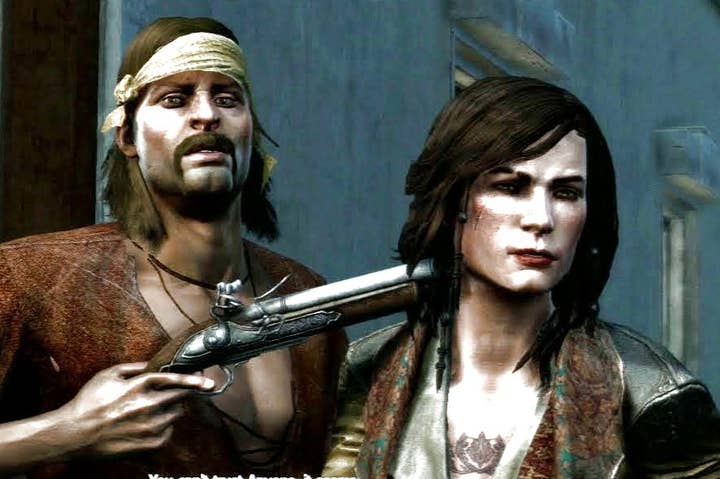"Inclusivity always seems to end up on the cutting board"
A female engineer's insights on the gender discussions that happen behind closed doors
Assassin's Creed Unity divided journalists over the importance of including playable female characters, and now it's dividing developers. We collected some of those opinions yesterday, but with Far Cry 4's director also revealing that female characters were considered and dropped, this isn't a discussion that is going to die down overnight.
An engineer for one of the top studios in the industry (trust me, you've heard of it) got in touch with us to share her insights. She's asked to remain anonymous for fear of reprisals over speaking publicly, but explained how discussions about including female characters worked at her company.
"Authenticity is not an issue when the gameplay and the fun are at stake, but somehow female characters are less believable than absurd, over-the-top situations"
"The arguments offered by Ubisoft sound horribly familiar. I've heard the same ones internally in similar conversations: need to redo the voice over, need to redo the animations for it to be to quality, no time, no budget, etc. All those are technically valid: when you're pushing the tech so much, the differences do matter. It's about choices though. And inclusivity always seems to end up on the cutting board.
The 'authenticity' argument also came up. Thing is, sitting on authenticity is not an issue when the gameplay and the fun are at stake. But somehow female characters are less believable than absurd, over-the-top situations.
The actual reason is always the same though: male is the default, people assume female characters don't sell, and that the audience is mostly teenage boys. That's forgetting that as creators of culture, of media, arguably art, we have a responsibility to watch the message we send. If we reach millions of people, surely doing the right thing and opening their eyes can't be a bad idea!
Another argument was that 'it's not the right game to do it'. Then maybe the company is making the wrong game.
Luckily the mood in the company is amazing, and many people enjoy discussing those topics and pushing for a better effort. It feels that the tide is turning and there will be good things coming. But due to the time it takes to make a AAA game, it will still be three, four, five years before any of that becomes visible."

